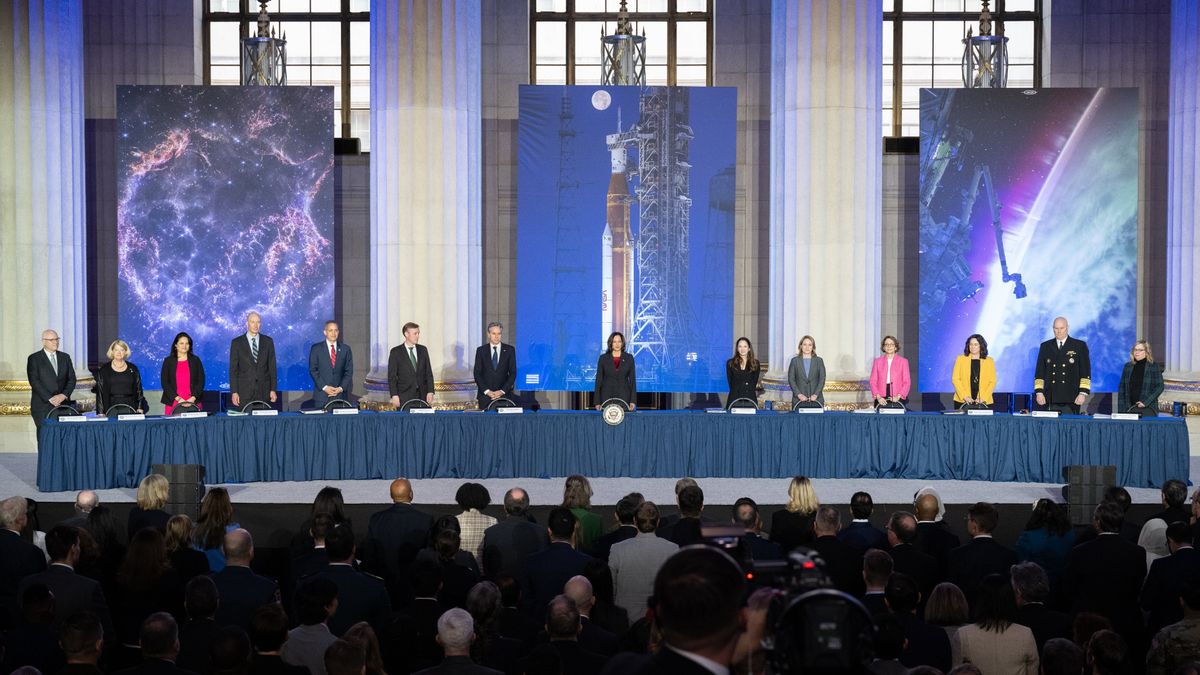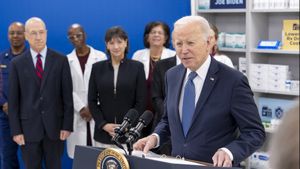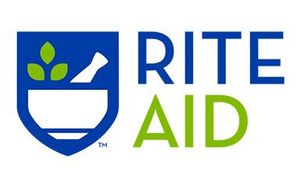JAKARTA – The United States Aeronautics and Space Administration (NASA) attended the third annual National Space Council meeting which was held on Wednesday, December 20, in Washington DC.
Represented by NASA Deputy Administrator Pam Melroy, NASA announced that it would strengthen its partnership with the United States Agency for International Development (USAID) in monitoring air quality in the Southern United States and Africa.
Apart from that, NASA will also partner with the Italian Space Agency to build the Multi-Angle Imager for Aerosols (MAIA) mission. The plan is that this project will be launched in 2025 to improve particulate matter measurements in metropolitan areas.
According to NASA, monitoring fine particles to determine air quality is a very important step to maintain human health. The reason is, this problem is often related to respiratory, cardiovascular, and human reproductive diseases.
"The results of this mission will allow us to better understand the impact of pollution on health in geographically diverse global communities, including the Southern Hemisphere," said Melroy, quoted in NASA's official release.
Apart from that, Melroy also touched on the importance of international partnerships to support NASA's two main programs, namely the Moon landing mission and Mars exploration. Melroy stressed that these two programs depend on a strong partnership.
“Our future depends on partnerships. "Together, we will advance science strategically, improve our national posture, and inspire new generations to want to explore the cosmos," said Melroy.
SEE ALSO:
Meanwhile, the Vice President of the United States, Kemala Harris, who held the meeting also emphasized the importance of international partnerships. This is closely related to taking advantage of space exploration.
According to Harris, the United States has been a leader in the space sector for quite a long time. Even though he is already at the top in terms of space exploration, Harris feels that the United States still has to expand its leadership.
“One of the key ways we continue to expand that leadership is by strengthening our international partnerships, combining our resources, scientific capacity, and technical skills with our allies and partners around the world,” explained Harris.
The English, Chinese, Japanese, Arabic, and French versions are automatically generated by the AI. So there may still be inaccuracies in translating, please always see Indonesian as our main language. (system supported by DigitalSiber.id)













